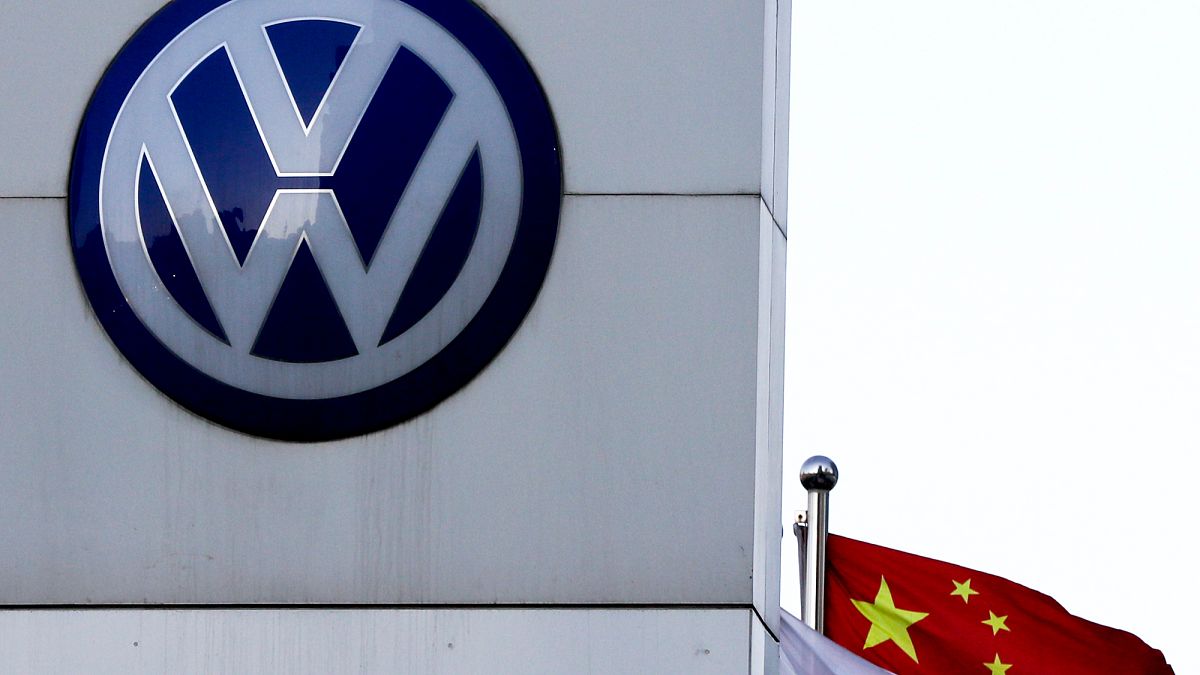

In an ever-evolving global landscape, recent developments indicate both strategic recalibrations and emerging tensions in international trade and cooperation. These changes promise to reshape economic connections and geopolitical alignments worldwide, demanding attention and poise from stakeholders involved.
Volkswagen’s Strategic Closure in China
After 17 years of operation, Volkswagen, in collaboration with its Chinese partner SAIC, has announced the closure of their joint production plant in the city of Nanjing. This decision reflects a dynamic shift in the automotive industry’s alliance strategy, as global production landscapes adapt to new market realities and demands. Although the closure might initially seem disconcerting, it underscores the capacity of multinational corporations to adapt and optimize resources to meet evolving consumer needs and technological advancements.
The closure also provides a context for Volkswagen’s broader strategic vision in China, as the company seeks to align its operations with sustainable practices and the increasing adoption of electric vehicles. By streamlining its production capabilities, Volkswagen appears to be positioning itself for long-term growth in one of the world’s largest and most competitive automotive markets.
Rising Trade Tensions: Brazil and the United States
In a development that may herald shifts in international trade dynamics, Brazilian President Luiz Inácio Lula da Silva has vowed retaliatory tariffs should former U.S. President Donald Trump impose 50% levies on Brazilian goods. The tensions appear to be tethered to the ongoing trial of former Brazilian President Jair Bolsonaro, illustrating how political intricacies can transcend borders and influence bilateral economic policies.
A measured approach towards dialogue and negotiation remains essential to prevent an escalation into a full-blown trade war. Historical precedent showcases the importance of mutual understanding and diplomacy in resolving such conflicts in a way that promotes stability and economic growth for both nations.
Potential Impacts of U.S. Tariffs on Europe
The European Union is monitoring potential implications stemming from proposed U.S. tariffs, particularly the effect on its automotive and pharmaceutical sectors. Germany is poised to feel the immediate impact on its carmaking industry, while Ireland might face challenges in its robust pharmaceutical sector should new tariffs be enacted.
As one-fifth of EU exports head to the U.S., preserving this critical economic relationship is of paramount importance. The EU’s strategic efforts to diversify trading partners and enhance internal market resilience serve as prudent measures to mitigate potential disruptions.
Canada-U.S. Trade in Focus
Tensions also ripple across the northern U.S. border, with Donald Trump proposing a significant 35% hike on Canadian goods. This proposition raises questions regarding its interplay with the United States-Mexico-Canada Agreement (USMCA), which traditionally protects certain goods. With a review of the agreement scheduled for 2026, both nations are likely to engage in dialogue to maintain mutually beneficial trade practices.
The intricate web of trade agreements highlights the interdependence of modern economies and the need for balanced, thoughtful policies that honor existing partnerships while accommodating domestic priorities.
Strategic U.S. Military Support for Ukraine
In a related development, Donald Trump has pledged to facilitate the sale of U.S. arms to Ukraine through NATO, underscoring a continued commitment to supporting defense efforts in Eastern Europe. By ensuring that NATO finances these weapons transfers, the arrangement seeks to bolster Ukraine’s defense posture while fostering greater transatlantic cooperation.
This commitment reflects an ongoing strategic alliance aimed at ensuring stability and resilience in the face of regional challenges, emphasizing NATO’s integral role in maintaining peace and security.
As the global stage continues to shift, these developments underscore the importance of strategic foresight, cooperation, and adaptability, encouraging nations to pursue paths of inclusive progress and partnership.
Source: {link}
